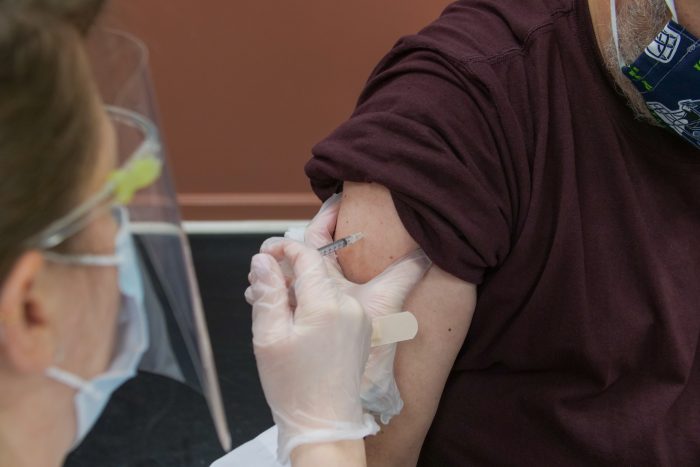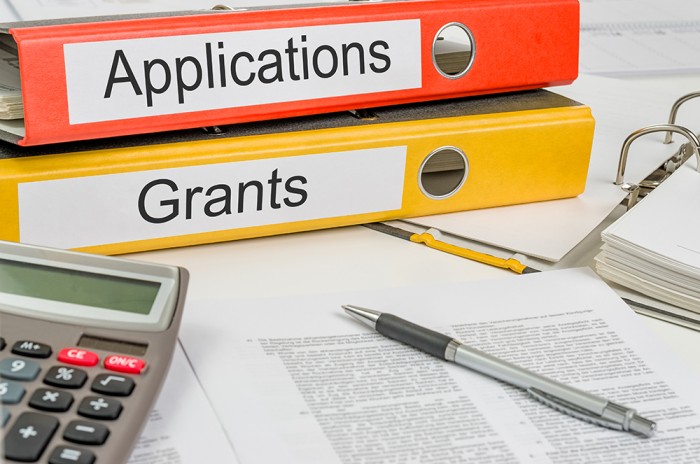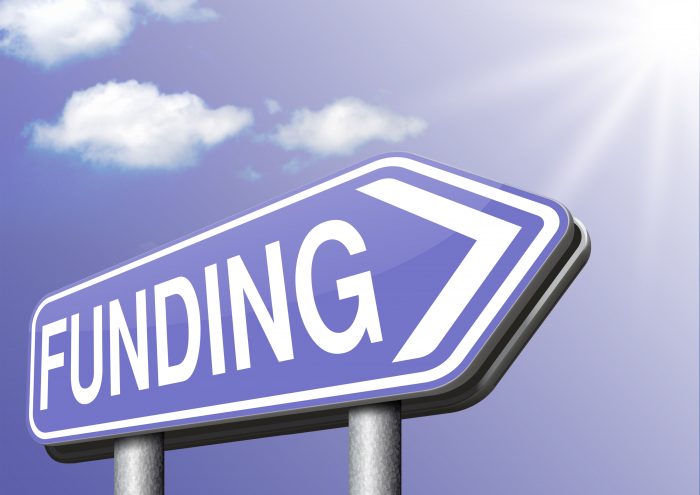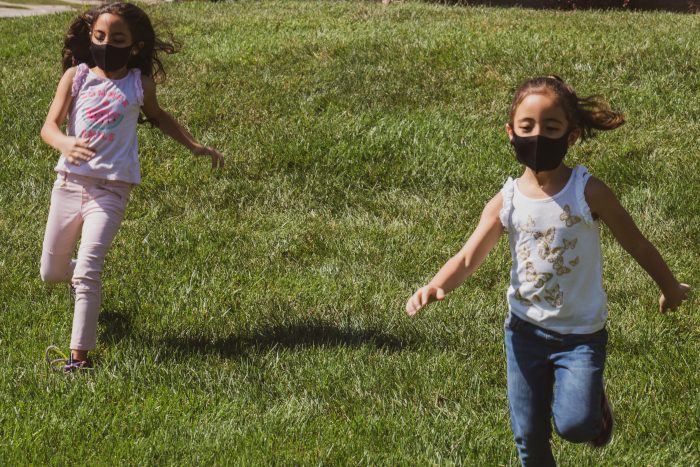The 2022 RCPA Conference, Together, will be held October 11–14 at the Hershey Lodge as a premier statewide event. The Conference Committee is seeking workshop proposals in every area for possible inclusion. Encouraged presentations are those that assist providers in developing and maintaining high-quality, stable, and effective treatments, services, and agencies in an industry where change is constant. The committee looks for presentations that:
- Highlight new policy, research, and treatment initiatives, such as telehealth innovations;
- Provide specific skills and information related to individual and organizational leadership development and enhancement;
- Address system changes that affect business practices, including value-based purchasing and alternative payment models;
- Provide guidance on recruiting and developing a committed workforce;
- Offer concrete skills and tools to operate more efficient, effective agencies; and
- Inspire ideas for organizations to work Together.
Workshop ideas for 2022 include:
- Workforce shortage solutions;
- The changing health care landscape, including telehealth changes;
- Executive leadership;
- Integrated care strategies for implementation and reimbursement;
- Managed care models for people with intellectual/developmental disabilities, including other state experiences;
- Advanced ethics topics;
- Acquisitions/mergers and consolidations;
- Value-based purchasing and alternative payment options; and
- Employing people with disabilities.
The committee welcomes any proposal that addresses these and other topics essential to rehabilitation, mental health, substance use, children’s, aging, physical disabilities, and intellectual/developmental disabilities & autism. Members are encouraged to consider submitting and to forward this opportunity to those who are exceptionally good speakers and have state-of-the-art information to share.
The Call for Proposals (featuring a complete listing of focus tracks) and accompanying Guidelines for Developing Educational Objectives outline requirements for submissions. Proposals must be submitted electronically on the form provided; confirmation of receipt will be sent. Proposals submitted after the deadline will not be considered.
If the proposal is accepted, individuals must be prepared to present on any day of the conference. Workshops are 90 or 180 minutes in length. At the time of acceptance, presenters will be required to confirm the ability to submit workshop handouts electronically four weeks prior to the conference. Individuals unable to meet this expectation should not submit proposals for consideration.
Individuals are welcome to submit multiple proposals. Notification of inclusion will be made via email by May 13, 2022. Questions may be directed to Sarah Eyster or Carol Ferenz, Conference Coordinators.
We look forward to coming together again this October!


















